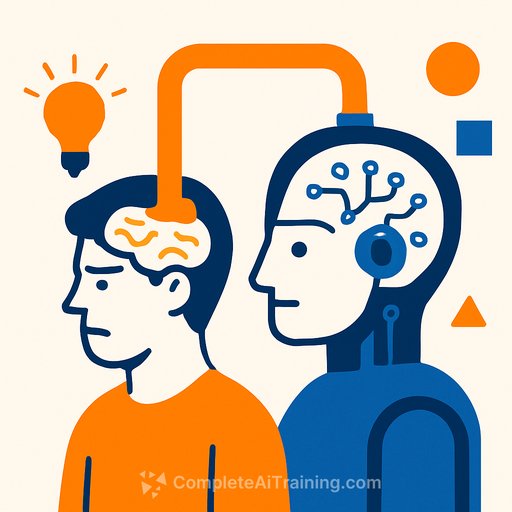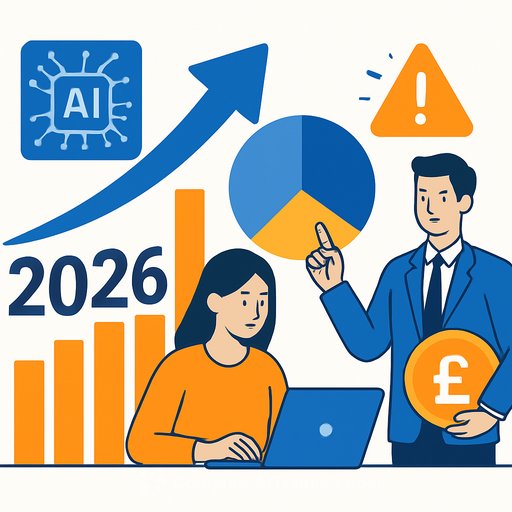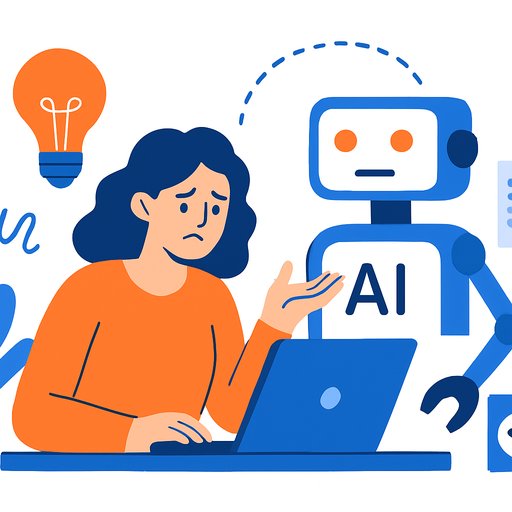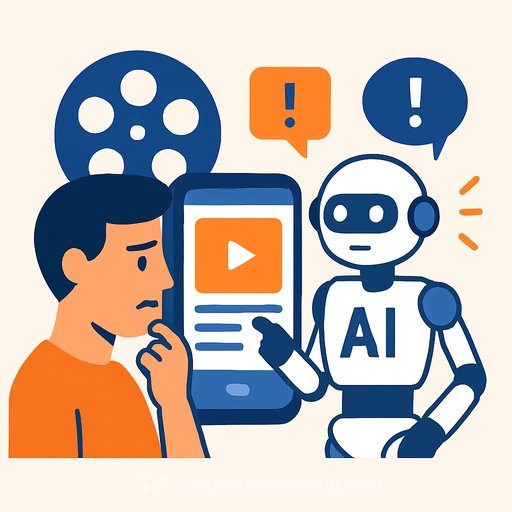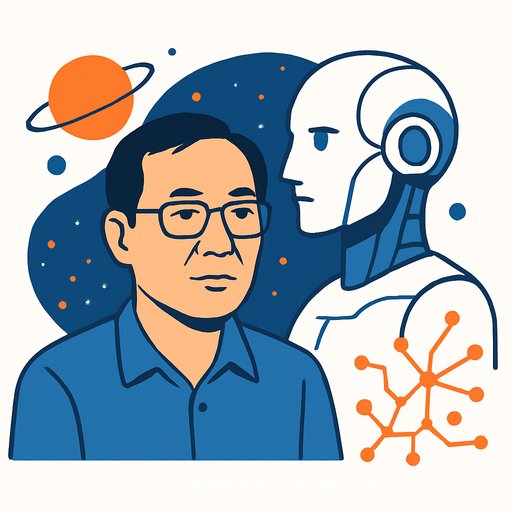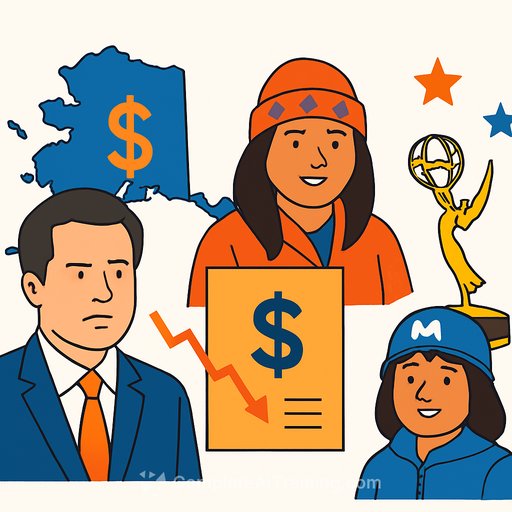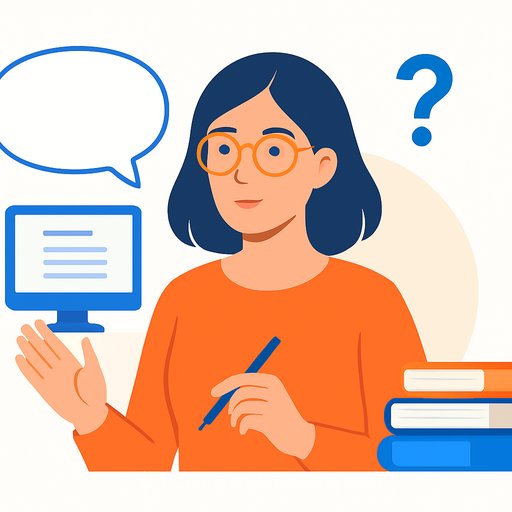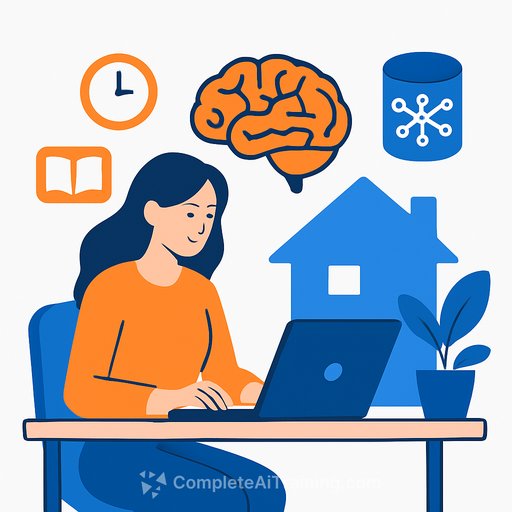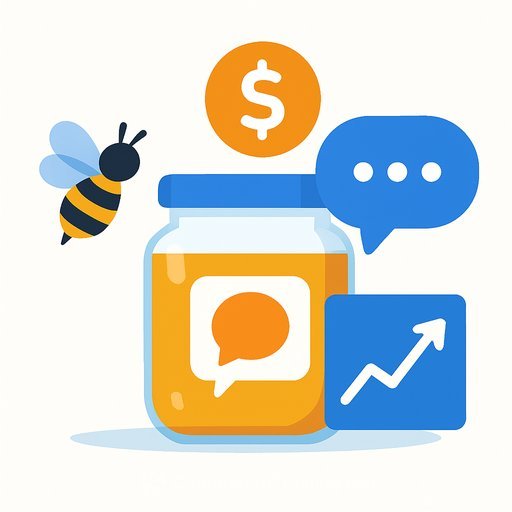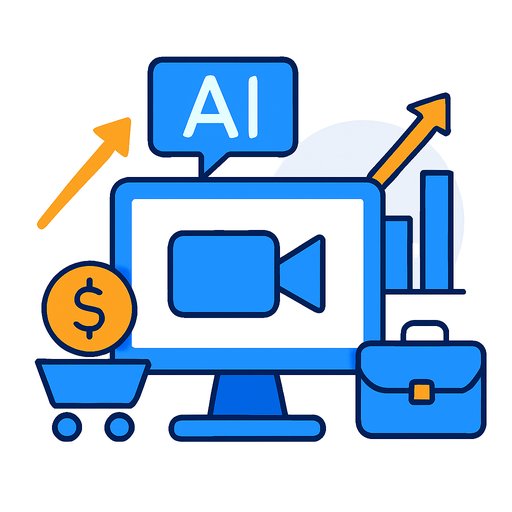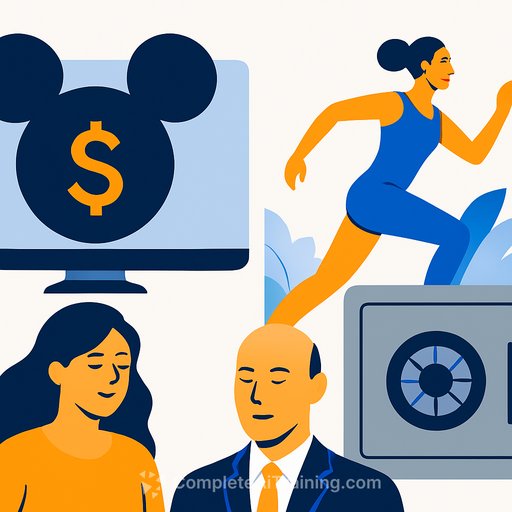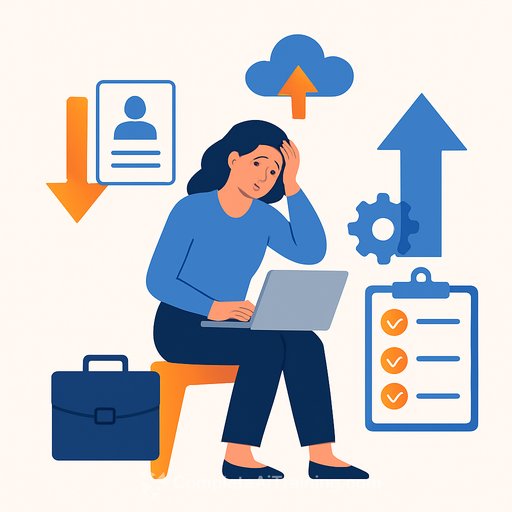AI is Creative Poison
Online platforms have long faced the issue of declining user experience over time—a trend famously dubbed “enshittification.” Artificial intelligence has accelerated this decline, turning many corners of the internet into wastelands of misinformation and low-quality content.
Take Google’s AI-powered Overview feature, for example. Instead of guiding users to accurate information, it often delivers incorrect answers and cuts off valuable web traffic that online news publishers depend on. On social media, AI-driven “slop farms” churn out endless nonsensical clickbait, targeting less media-savvy audiences with cheap, misleading content. Deepfake videos falsely put words into the mouths of public figures, and even AI chatbots have been caught spewing offensive remarks. These developments don’t just harm user experience—they damage the trust and creativity that sustain online communities.
When AI Creates, Who Suffers?
In a twist of irony, some companies are now hiring human writers specifically to fix AI-generated content that is derivative, predictable, or simply wrong. The internet’s future looks bleaker as AI seeps into every corner of our lives, highlighting both its disruptive power and its downsides.
Generative AI is often called a plagiarism machine, feeding on copyrighted works without paying creators. Beyond the legal and ethical issues, AI’s biggest threat might be its impact on human creativity itself.
We face a critical question: what happens when we hand over our creative and critical thinking tasks to machines? If AI can generate content faster and more efficiently, why bother creating ourselves? And what becomes of culture when originality fades?
The Myth of AI-Enhanced Creativity
For years, AI enthusiasts have claimed that generative AI tools boost creativity. While AI can help with research or brainstorming, recent studies paint a different picture.
- A 2025 study from the University of Pennsylvania’s Wharton School found AI-generated ideas often repeat the same concepts, lacking originality and variety.
- An MIT experiment showed students using ChatGPT produced essays with repetitive language and lower brain activity compared to those writing unaided.
AI isn’t just a neutral tool; it encourages a flattening of creative output. When everyone’s work starts to look and sound the same, creativity suffers.
What Happens to Future Generations?
The long-term consequences are alarming. More than half of English majors at two Midwestern universities struggled with reading comprehension of classic texts like Dickens’ Bleak House. Meanwhile, surveys show a sharp rise in students using AI to cheat, with some professors also relying on these tools. This trend risks creating a generation lacking critical thinking and deep understanding.
The Economic and Existential Threat
In the short term, AI threatens jobs by making certain writing tasks economically redundant. But the existential threat looms larger: if AI disrupts how we innovate and solve problems, it could stifle human progress.
Thankfully, human creativity remains unique and irreplaceable. There’s no AI app that can match the depth and originality of human thought—yet.
For writers, communicators, and creatives, understanding AI’s limits is crucial. Embracing AI tools thoughtfully, without surrendering our creative instincts, is the only way forward.
To explore practical AI skills without losing your creative edge, check out Complete AI Training’s latest courses.
Your membership also unlocks:

